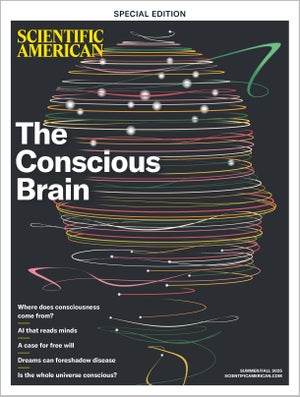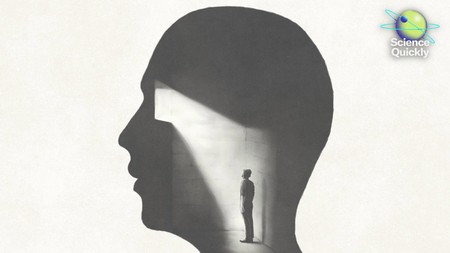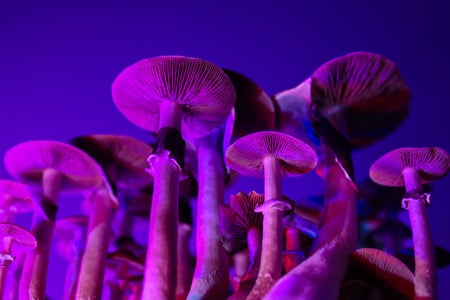
Death Rates from Chronic Diseases Dropped in Most Countries
A report finds that death rates from cancer and heart disease have declined since 2010 in roughly 150 countries. Experts explain potential reasons why

Death Rates from Chronic Diseases Dropped in Most Countries
A report finds that death rates from cancer and heart disease have declined since 2010 in roughly 150 countries. Experts explain potential reasons why
Mondays Really Are More Stressful on the Brain and Body
Easy Sudoku: September 15, 2025
Freaky ‘Rubber Hand’ Illusion Works on Octopuses, Too
Kissing Bugs, Koalas and Clues to Life on Mars

Spellements: Monday, September 15, 2025
CDC Panel to Review Childhood Vaccines: What's at Stake
Our Body Clock Might Prefer Permanent Standard Time
New York City’s Rats Have a Secret Nightlife—And a Language Humans Can’t Hear
One Year after Scientific American’s First Issue, the Solar System Grew by a Planet
Scientific American Celebrates 180 Years with Stories of Scientific U-turns
U.S. Science and Scientific American Have Weathered Attacks Before and Won
Quantum Physics Is Bizarre. So Why Have We Loved It for 100 Years?

Can Peanut Allergies Be Cured?
What Happens When an Entire Generation of Scientists Changes Its Mind
Create as many words as you can!
Stretch your math muscles with these puzzles.

The Brain Science of Elusive ‘Aha! Moments’
Building Intelligent Machines Helps Us Learn How Our Brain Works
Lifting the Veil on Near-Death Experiences
How the Brain ‘Constructs’ the Outside World
How Your Brain Constructs—And Sometimes Distorts—Your Experience of the World
Alpha-Gal Syndrome Explained: The Tick-Borne Allergy Affecting Diets Worldwide
Marsquakes, Vaccine Politics and Mammoth Microbiomes
Experts Warn of Growing Threats amid CDC Resignations

Why Intermittent Fasting May Do More Harm Than Good
Whether intermittent fasting helps anyone is unclear, but it does have known health risks. Who can try the dieting trend, and who should avoid it?

How Your Brain Constructs—And Sometimes Distorts—Your Experience of the World
In his new book, Daniel Yon explains how our brain is constantly constructing reality

How the Brain Tells Imagination from Reality
Seeing and imagining use similar brain machinery. New research reveals the brain circuit that identifies what is real, which may help scientists understand conditions such as schizophrenia

Magic Mushroom Edibles Found to Contain Undisclosed Ingredients—And No Psilocybin
Researchers tested 12 “magic mushroom” edibles. None contained psilocybin, but most contained undisclosed ingredients, including synthetic drugs whose safety hasn’t been tested in humans

New York City’s Rats Have a Secret Nightlife—And a Language Humans Can’t Hear
A new preprint field study reveals that New York City’s rats aren’t just survivors—they’re talkative city dwellers with their own hidden nightlife. Mapping their movements and conversations could offer insights to transform urban planning and pest control

Our Body Clock Might Prefer Permanent Standard Time
A new study suggests that permanent standard time may reduce obesity and stroke